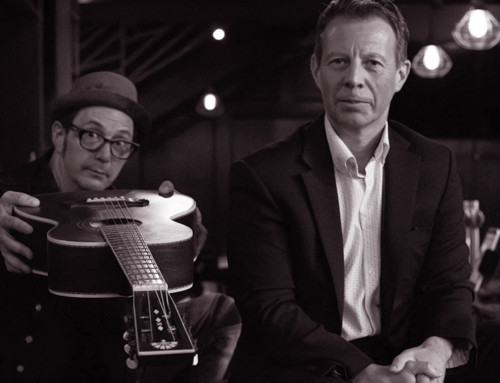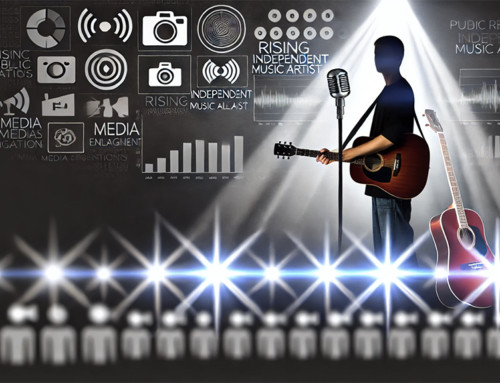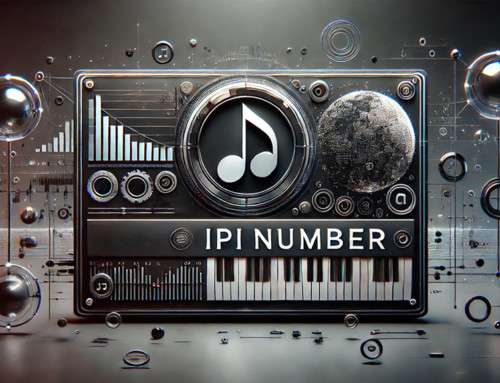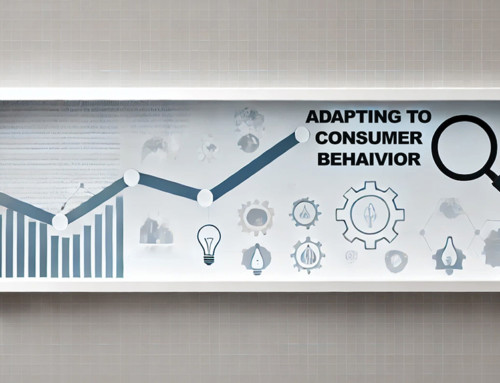Public Relations, or PR, has always been essential in shaping how musicians connect with their audience, the media, and the industry. However, as the digital age has transformed the landscape, many artists now find themselves torn between their creative pursuits and the demands of maintaining an online image. The constant need to engage on social media, produce content, and manage public perceptions can be overwhelming, leaving less time for the creative process itself. Adapting to this ever-changing environment is no longer optional—it’s a necessity that often requires musicians to shift their focus from creating music to curating their digital presence.
The Shift from Traditional to Digital PR
Traditional PR Methods:
In the past, musicians relied on a more straightforward PR approach: securing spots in magazines, getting radio play, and appearing on television. While this still required skill and connections, the process was linear and predictable, with PR professionals handling most of the heavy lifting. This allowed artists to focus on their craft without the constant pressure to maintain an online presence.
With more time to create, artists had the ability to produce something truly unique, unhampered by the rush to deliver daily content. Bands like Boston could take a six-year hiatus between releases, which culminated in the launch of one of the year’s largest tours and an album certified to date as 17 times platinum, *Third Stage*. The luxury of time afforded them the opportunity to refine their work, resulting in a product that resonated deeply with fans and has stood the test of time. Today, however, the relentless demand for constant content can stifle this kind of deep creativity, as artists must now balance their artistry with the ongoing need to manage their digital image.
The Rise of Digital Platforms:
Today, PR is a 24/7 endeavor, with social media, streaming platforms, and digital content dominating the scene, surpassing the influence of once-popular blogs and websites that emerged when print first went digital. While still important, in the past, an article posted to Blabbermouth could help solidify an artist’s success in the rock market, but now, a single TikTok video can generate millions of views within hours, capturing the attention of potential new fans who weren’t even searching for it.
This shift has placed more responsibility on artists to manage their public image, often in tiring real-time. Previously, a print magazine article could offer a 30-day shelf life between issues; today, content can have fleeting moments of popularity before being overtaken by the next social media trend. This constant demand for fresh content can be daunting, especially for those who are less tech-savvy or who find the relentless pace exhausting.
The Challenges Musicians Face in the Digital Age
Overwhelming Content Demands:
The pressure to constantly produce content—whether it’s new music, videos, or social media updates—can be overwhelming. Many artists struggle to keep up with the relentless demand, leading to burnout, a loss of creativity, and, more critically, a loss of interest in playing the game, which can extinguish the drive to create altogether. I can personally attest to this. The fear and frustration of producing quality work only to become instantly irrelevant adds to this stress, as the digital world moves at a breakneck pace. On their own, few artists can keep up; it often takes a dedicated team to maintain visibility and stay ahead in this fast-moving environment.
Mastering Multiple Platforms:
Navigating the multitude of platforms, each with its own set of rules, algorithms, and best practices, is incredibly challenging for artists. Musicians must learn to engage audiences differently on Instagram, TikTok, YouTube, and beyond, which demands significant time, experimentation, and often, trial and error.
Mastering these tools isn’t just a casual endeavor; it requires a near full-time commitment, starting with a full-time education in digital marketing and social media strategies. To maintain momentum and stay relevant, artists are forced to dedicate substantial effort to understanding and utilizing these platforms effectively, often diverting their focus from creating music to managing their online presence.
Balancing Authenticity with Marketing:
In a world where fans crave authenticity, musicians often feel torn between staying true to themselves and creating content that is marketable, all while trying to keep up with current trends to earn visibility. This balancing act is tricky; leaning too far in either direction can alienate existing fans or fail to attract new ones. Worse, it can expose an artist’s vulnerability, making them appear as if they’re trying too hard to fit in with the latest trends, thereby abandoning the unique qualities that define them.
The result can be a dilution of their artistry into something bland and mainstream, ultimately leading to the dreaded label of being a “poser.” This struggle to maintain authenticity while achieving visibility can erode the very essence that makes an artist stand out in the first place.
Dealing with Negative Press and Online Criticism:
The digital age has made it easier for negative press and criticism to spread rapidly, leaving musicians vulnerable to online attacks that can quickly escalate and impact both their mental health and public image. Responding appropriately requires a delicate balance of resilience and strategic communication, but many musicians struggle with this, often responding to criticism with negativity that can stifle their positive growth and alienate their audience.
Rick Beato recently shared advice from his mentor, who warned him, “Don’t read and don’t respond to online remarks.” When Beato did the opposite, it backfired, serving as a cautionary tale for others. You can watch his discussion on this topic here [ ].
Strategies to Overcome These Challenges
Content Planning and Delegation:
To manage content demands without burning out, musicians should consider creating a content calendar that ensures consistency without becoming overwhelming. Online tools like Buffer can help automate social media posting, while some platforms offer in-app video editors to streamline content creation. Delegating these tasks to trusted team members can further help artists maintain a healthy balance, allowing them to focus on their creativity while ensuring their online presence remains strong.
Platform Specialization:
Rather than trying to master every platform, musicians can focus on the ones where their audience is most active. Specializing in a few key platforms allows them to create higher-quality content and engage more effectively with their fans. Additionally, certain platforms may align better with an artist’s natural expression—some may find it easier to engage through Facebook, while others prefer quick video content on TikTok or photo sharing on Instagram.
Choosing the platforms that feel right for the artist, and deciding which tasks are better delegated to a professional or experienced social media manager, is crucial for maintaining the artist’s creative process and overall well-being.
Leveraging Professional Help:
It’s perfectly okay to seek help from professionals, whether it’s hiring a social media manager, a PR consultant, or even a content creator. These experts can assist musicians in crafting their public image, allowing them to focus on their music. It’s important to find someone with experience in your specific genre or style, who can effectively interpret your vision and translate it into relevant content that resonates with your audience.
Authentic Storytelling:
Authenticity doesn’t mean sharing everything; it’s about sharing the right things in a way that resonates with your audience. Musicians can focus on storytelling that reflects their true selves while staying aligned with their brand. This might involve sharing personal stories, behind-the-scenes content, or insights into their creative process.
Pay attention to what is successful for other artists who resonate with your audience, and emulate some of their processes without being repetitive or a clone. While it can be challenging to create outside the box, it’s important to remember that people do it every day—you can too. Enlisting a second set of hands or distributing the responsibility among band members to capture photos or record moments can also help generate a diverse array of shareable material.
Building Resilience to Criticism:
As previously discussed, musicians should develop a thick skin to deal with online criticism, understanding that not all feedback is constructive—haters are a real thing. Having a clear strategy for responding to negativity—whether through humor, grace, or simply ignoring it—can help mitigate its impact on both mental health and public image. While ignoring criticism altogether is often the best approach, it’s understandable that negative comments can hit hard, especially when your artistry is personal. The best practice is to keep responses brief, perhaps with a simple “thank you,” and move on. Do your best to not engage further.
The evolution of PR in the digital age presents musicians with new, yet rewarding challenges while also offering unprecedented opportunities for growth and connection. By understanding and addressing these challenges head-on—whether they involve content demands, platform management, or dealing with criticism—musicians can not only survive but thrive in this dynamic environment. With the right strategies in place, they can maintain their authenticity while effectively managing their public image, paving the way for long-term success.
Take control of your situation and grow steadily to ensure you’ve mastered the important, positive, and relatable actions that will continue to highlight the facets of your career that shine brightest in the public eye.




